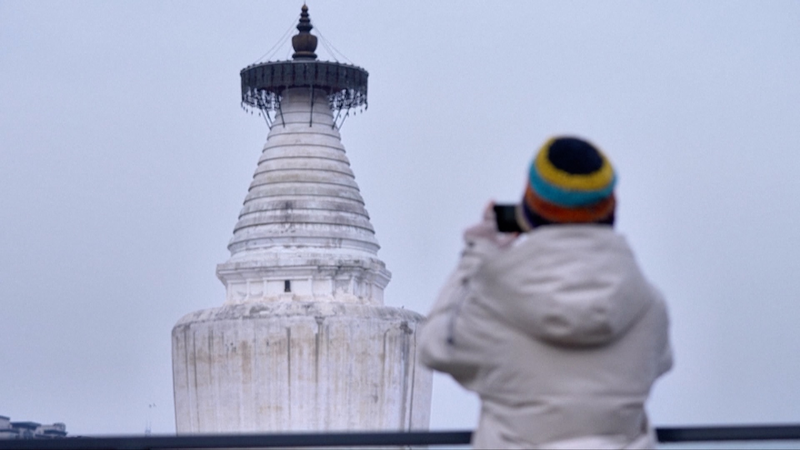In 1275, when Italian traveler Marco Polo reached Dadu, the capital of the Yuan Dynasty, he marveled at the freshly completed imperial palace and the city’s grand design. He wrote in The Travels of Marco Polo: “The entire city’s ground plan resembles a chessboard. Its perfection is beyond description.”
A City Built on a Chessboard
Fast forward nearly 750 years, and modern mapping technologies reveal that Beijing’s street layout still mirrors that ancient grid. Historians using GIS tools have overlaid Yuan-era maps with today’s urban plan, tracing familiar lines in the capital’s major avenues and intersections.
The Central Axis: Beijing’s Historic Spine
At the heart of this chessboard lies the Beijing Central Axis, a north–south line linking centuries of history—from Yongding Gate in the south up to the Drum and Bell Towers. This spine threads through the Forbidden City, Tiananmen Square and iconic palace gates, showcasing how imperial planning endures in the city’s core.
Hutongs: Living Threads of History
Off the main axis, narrow hutongs wind through neighborhoods, offering living snapshots of Dadu’s past. These alleys were once home to officials, artisans and traders. Today, they house cafés, galleries and family-run workshops, blending heritage with modern life.
- Wander traditional lanes to spot courtyard houses
- Sample street food in a centuries-old alley
- Join a guided bike tour along the Central Axis
Why It Matters Today
Beijing’s ability to honor its roots while innovating for the future makes it a model for sustainable urban growth. Entrepreneurs, digital nomads and cultural changemakers alike draw inspiration from how past and present coexist here. Whether you’re mapping out global trends or simply seeking your next adventure, Beijing’s ancient-modern fusion offers fresh perspectives and real-world stories.
Reference(s):
In the footsteps of Marco Polo: From Yuan Dadu to modern Beijing
cgtn.com




